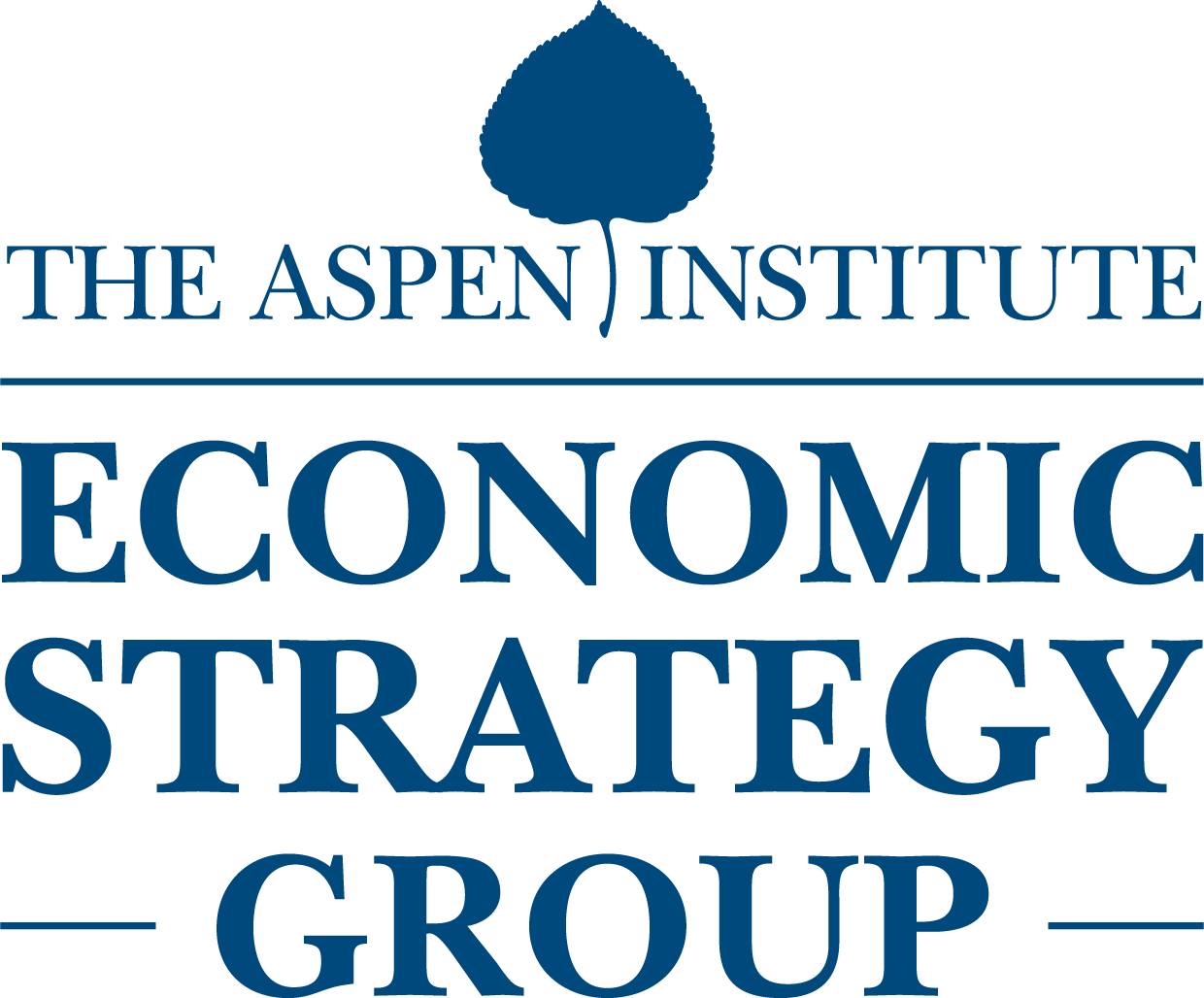
Securing Our Economic Future: Introduction

The United States is currently gripped by deep uncertainty and economic anxiety. At the time of this writing, the United States is six months into the COVID-19 pandemic. More than 190,000 Americans have died from COVID (CDC 2020); more than 13 million Americans remain unemployed (Bureau of Labor Statistics 2020); and tens of thousands of businesses remain closed (Grossman 2020). Meanwhile, protests against racial injustice continue across the country, and in a number of tragic instances, they have been overtaken by violence. Wildfires rage through the northern Pacific states. In Oregon, 40,000 people have been evacuated and more than 1,500 square miles have burned. California has already experienced three of the top four largest wildfires in its history in this year alone. Perhaps more than any time in recent memory, the economic future of our country feels uncertain.
The overarching theme of this book “Securing our Economic Future” and the specific topics therein—the economics of the middle class, geographic divergence and place- based economic development, and the global climate challenge and U.S. policy response—were chosen in early 2020, before the COVID pandemic and associated recession had taken hold of the nation. But the acute challenges before us make the goal of securing our economic future even more imperative. Today’s alarming and immediate crises expose deep, structural weaknesses that have been building. The pandemic-induced recession has exposed the economic fragility of so many American households. The wildfires of historic proportion reveal the effects of environmental pressures. Bitter partisan and social divides that characterize the country during this Presidential campaign season reflects—among other things—increased economic divergence that often falls along geographic lines. These divides fall along racial lines as well, but those critical challenges are beyond the scope of this single volume.
By the time this volume appears in print, the election will have been decided. We fervently hope that the public health crisis will be abating, the labor market will be recovering, the wildfires will be under control, and that social change will progress peacefully. But without a doubt, the elected administration will face critical economic policy challenges. This volume focuses on three of the most important ones.